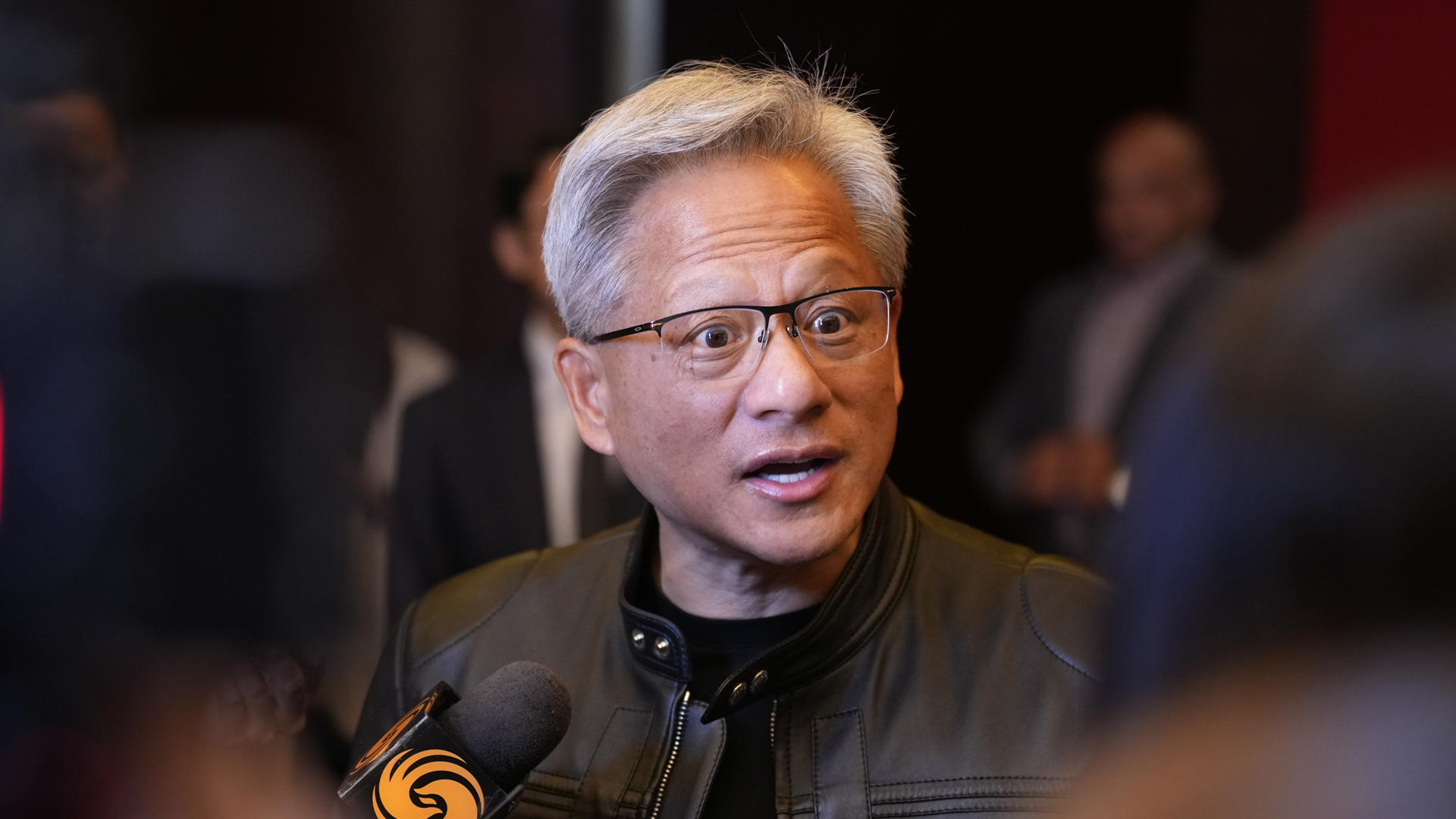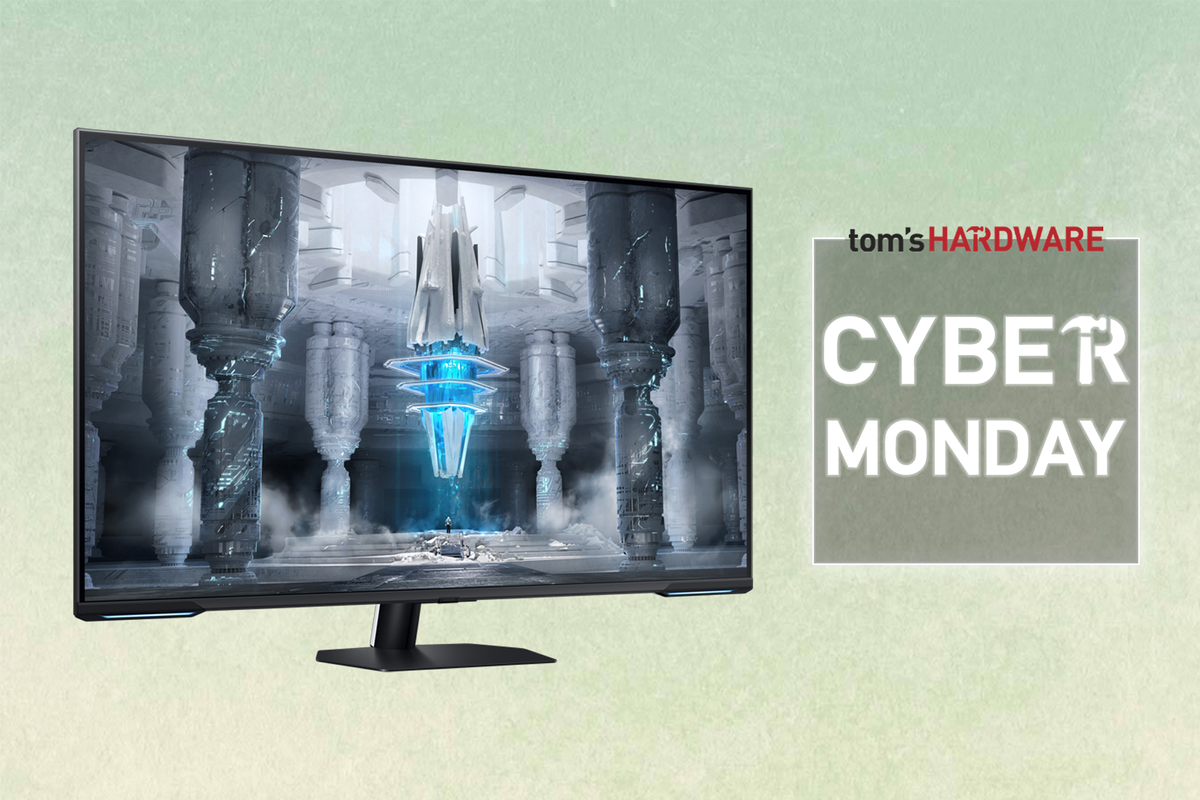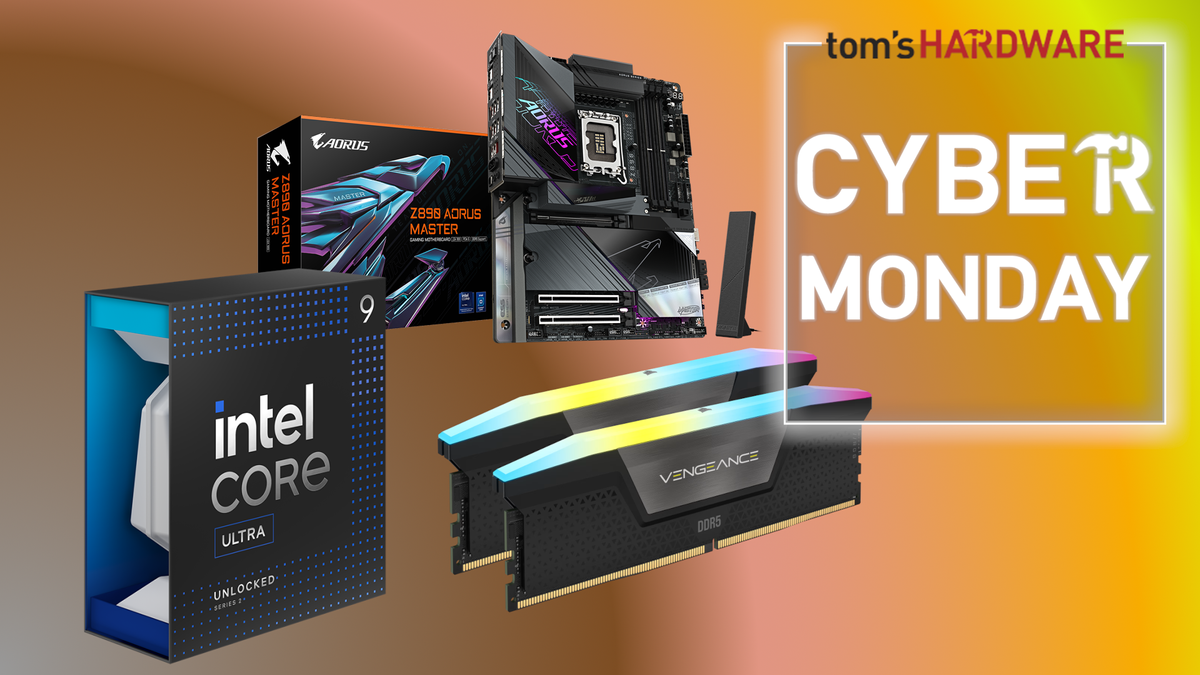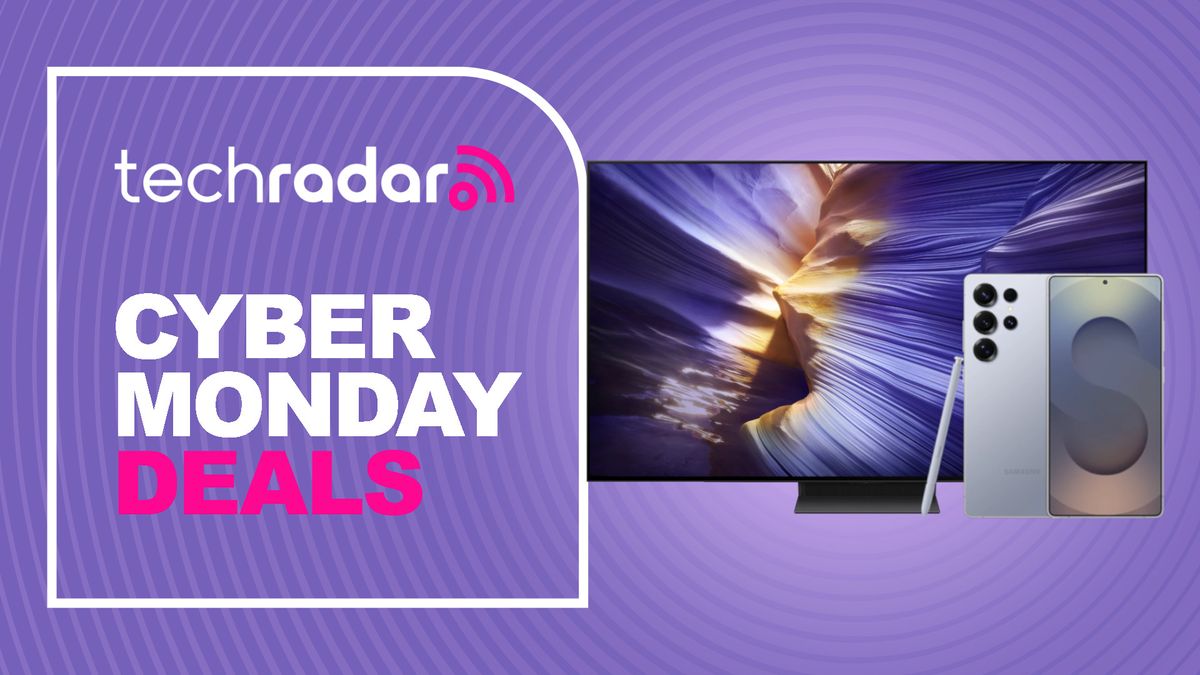Nvidia's RTX6000D, the China-first card initially designed to fill the void left by the banned (and then unbanned) Nvidia H20, has received very little interest in China, according to Reuters, amidst ongoing trade tensions. Estimates by JPMorgan and Morgan Stanley suggest Nvidia may be on track to produce between 1.5 and 2 million of these GPUs before the end of the year, potentially leaving it sitting on a huge stack of unwanted cards.
The specific array of graphics cards that Nvidia is allowed to sell to Chinese firms has fluctuated wildly in 2025 as the Trump administration has initiated on-again, off-again tariffs and trade blockages, particularly in relation to high-end technology like GPUs aimed at AI training and inference. To comply with these regulations, Nvidia has churned out Chinese-specific GPUs like the RTX 5090D and H20.
The RTX6000D is the latest development in this space, and was reportedly initially designed as a solution to the ban on H20 exports to the country. Although the H20 is now available once again, and Nvidia is talking up its B30A replacement based on the newer Blackwell architecture, the RTX6000D was an additional GPU design that could have found favor among AI firms scrambling for GPU power. But with ongoing trade negotiations and a major drive within China to prioritize domestically produced chips, Nvidia is said to be struggling to find buyers for the new card.
The Reuters sources claim the RTX6000D only started shipping this week, but its performance has been rated lower than Nvidia's bog-standard 5090, which isn't available in China. However, it has been readily available on black and grey markets in China for months now, and there are even modded versions doing the rounds with massively expanded memory capacities for even more AI performance.
The RTX6000D is based on the Blackwell architecture and has a memory bandwidth just under the 1,400 Gbps threshold placed on GPU exports to China. At a reported price of 50,000 yuan, or around $7,000, though, it's a hard sell when comparably performative cards are available in variously dubious markets for less than half of that.
China has also become increasingly hesitant over Nvidia GPU use in recent months. It accused the US of adding tracking hardware to Nvidia GPUs and even summoned major Chinese CEOs to question them over H20 GPU orders. Chinese authorities most recently even accused Nvidia of violating anti-monopoly legislation in a deal it made in 2020.
China and the US continue to discuss trade in Madrid this week, with major points of contention being the sale of high-end GPUs. If the US does approve the sale of Nvidia's B30A GPU, one that's several times faster than the H20 and only around twice the price, that could end up as a huge win for Nvidia - even if it might encourage even weaker interest in the RTX6000D.
Get Tom's Hardware's best news and in-depth reviews, straight to your inbox.
Follow Tom's Hardware on Google News, or add us as a preferred source, to get our up-to-date news, analysis, and reviews in your feeds. Make sure to click the Follow button!

 2 months ago
55
2 months ago
55








 English (US) ·
English (US) ·